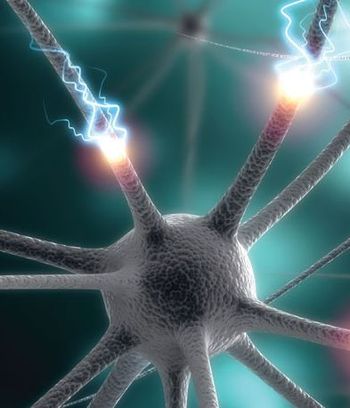
Studies examining the impact of ADHD drugs on dopamine transport have been inconclusive, and preclinical research suggests that emotional factors play a greater role than stimulant therapy in fostering addictive behaviors.

Studies examining the impact of ADHD drugs on dopamine transport have been inconclusive, and preclinical research suggests that emotional factors play a greater role than stimulant therapy in fostering addictive behaviors.

Mobile health interventions are helpful to patients receiving medications that reduce cravings, but what about adherence-focused monitoring?

Opioid-dependent patients presenting to an emergency department for other medical reasons are more likely to pursue addiction treatment if a specific therapy is initiated during their emergency care stay. What therapy are we talking about?

The articles in this Special Report provide a broad, cross-cutting perspective on the current state of addiction psychiatry, insofar as it may pertain to your own clinical practice.
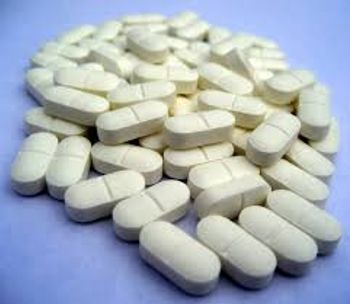
While opioid dependence is among the most severe and lethal of addictions, it also has the most effective medication treatments. The authors provide 2 case vignettes and a step-by-step process for clinical decision making.
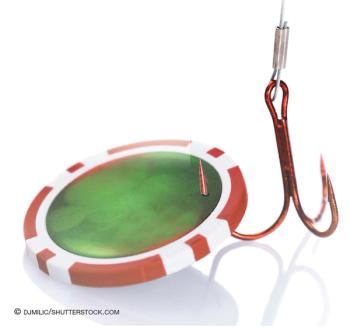
The loss of control over urges and behaviors may be the central component of gambling disorders, but there is so much more to consider. Individuals with these problems have exponentially higher rates of suicide attempts and completions.

A review of the pharmacological and symptomatic effects of various classes of designer drugs, including stimulants, hallucinogens, and sedatives.
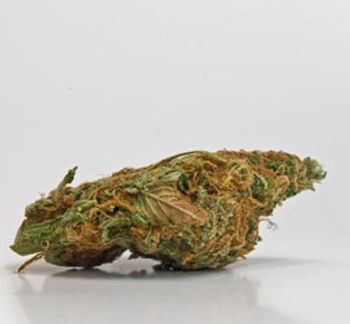
Current trends are toward relaxing laws on cannabis, but no one knows the likely outcome. Will legalization mean an increase in consumption? Psychiatrists will be on the front lines if and when problems arise.

A discussion of treatment options to help foster the most effective psychosocial treatment for addiction.

Many people like to spend at least part of their free time playing video games. However, for some, what starts as innocent recreation becomes an addiction and, at times, tragedy ensues.

There are probably few health care professionals who are unaware of the concerns about the apparent overprescription of opioids. However, we have had only limited information on how good a job physicians may actually be doing in prescribing these medications.

The authors use a 3-step process to identify and evaluate published research with findings that are ready for-and that have a direct bearing on-clinical practice.
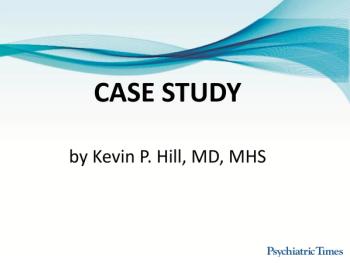
A 28-year-old married mother of 2 with a history of depression is brought to the emergency department after 6 months of near-daily methamphetamine use.

There is increasing evidence that individuals who try marijuana during their early teenage years are affected neurologically for a decade or more at least until one's 20s and perhaps even longer. More in this video.

In clinical terms, one of the most distinguishing diagnostic features of addictive disorders is that those affected continually and repeatedly revert to their addictive behaviors, despite the devastating negative and adverse consequences.
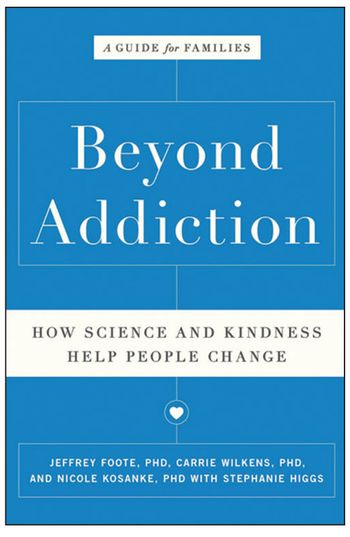
The authors of this book leave readers feeling empowered, knowing that they can be an important driver of change. It also reminds psychiatrists about some core components of the patient experience.

A brief video on the pros and cons of legalizing the recreational use of marijuana.

Given the pervasiveness of substance use disorders, the information provided here is relevant not only for addiction psychiatrists, but all mental health providers and primary care physicians.

This brief communication highlights clinically applicable information and take-home points presented at the American Academy of Addiction Psychiatry Annual Meeting.

Medication misuse and alcohol abuse are a huge problem in the US, and women and the elderly are not exempt. In this Q&A, an expert touches on the epidemiology, recognition, assessment, and treatment of substance use disorder in these two populations.

In this brief video, an expert summarizes the effects of marijuana use on the teenage brain, as well as new strategies to discuss the consequences of drug use with adolescents.

Because at least 10% of the US population suffers from a substance use disorder in any given year, the American Academy of Addiction Psychiatry has expanded its longstanding Board Review Course in Addictions to a more inclusive “Addictions and Their Treatment” course.

An overview of some of the recent scientific data examining the relationship between adolescent marijuana use and later onset of neuropsychiatric disorders.

This brief communication highlights the importance of genetic predictors and moderators of treatment research in the field of substance use.

How does the diagnosis and treatment of substance use disorders fit into the general practice of psychiatry? Dr Laurence Westreich, President of the American Academy of Addiction Psychiatry, addresses that question in this podcast.